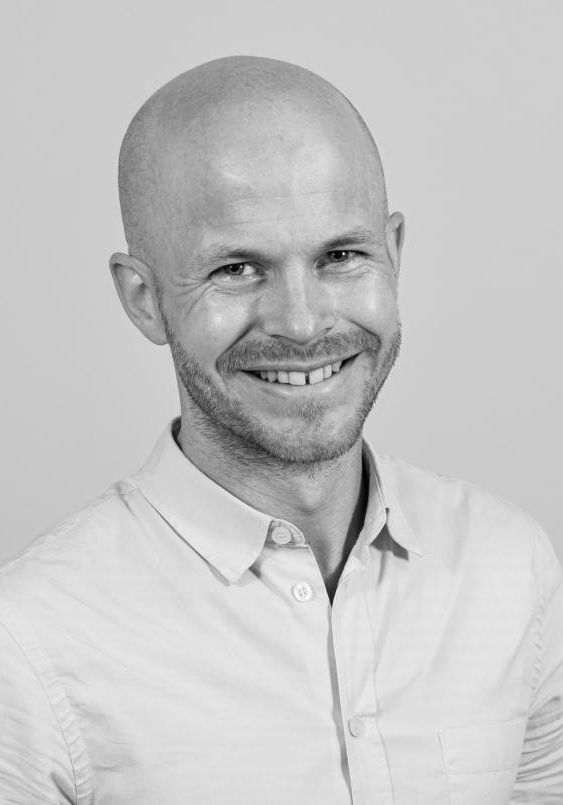-
Skorge, Øyvind Søraas; Morgan-Collins, Mona; Campbell, Rosie; Cowper-Coles, Minna & De-Freitas, Alesha
(2023).
Online Seminar: "How to Mobilise for Gender Equality in the 21st Century: Policies, Strategies and Organisational Capacity", organized by King's College London and Institute for Social Research (REPS project).
[Internet].
Online Seminar and King's College London Youtube Channel.
-
Baltzersen, Eli Sofie; Jensenius, Francesca R. & Skorge, Øyvind Søraas
(2023).
State Action and Moral Attitudes on Sexual Consent (Registered Report).
-
Skorge, Øyvind Søraas
(2023).
Women in the Public Sphere: Mobilizing Women into Politics in the 21st Century.
-
Skorge, Øyvind Søraas & Halrynjo, Sigtona
(2023).
Why Are There So Few Women Executives? Evidence from the Equality Frontier.
-
Skorge, Øyvind Søraas & Teele, Dawn
(2023).
The 2nd REPS Workshop: Introduction, Special Issue, and Road Ahead.
-
Skorge, Øyvind Søraas; Paulsen, Tine N. & Teele, Dawn
(2023).
Suffrage and Education: Evidence from Norway.
-
Skorge, Øyvind Søraas & Hesstvedt, Stine
(2023).
When Are Women Used as Policy Experts? Theory and Evidence from Norway.
-
Skorge, Øyvind Søraas & Hesstvedt, Stine
(2023).
When Are Women Used as Policy Experts? Theory and Evidence from Norway.
-
Hesstvedt, Stine & Skorge, Øyvind Søraas
(2023).
When Are Women Used as Policy Experts? Theory and Evidence from Norway.
-
Skorge, Øyvind Søraas & Hesstvedt, Stine
(2023).
When Are Women Used as Policy Experts? Theory and Evidence from Norway.
-
-
Skorge, Øyvind Søraas; Lindvall, Johannes & Mechkova, Valeriya
(2023).
Teaching for Suffrage: How Teachers Spurred Women's Suffrage Activism.
-
Skorge, Øyvind Søraas; Lindvall, Johannes & Mechkova, Valeriya
(2023).
Teaching for Suffrage: How Teachers Spurred Women's Suffrage Activism.
-
Skorge, Øyvind Søraas & Rasmussen, Magnus Bergli
(2023).
Partiaization: How National Programmatic Parties Took Hold of Local Politics.
-
Rasmussen, Magnus Bergli & Skorge, Øyvind Søraas
(2023).
Partiaization: How National Programmatic Parties Took Hold of Local Politics
.
-
Rasmussen, Magnus Bergli & Skorge, Øyvind Søraas
(2023).
Partiaization: How National Programmatic Parties Took Hold of Local Politics
.
-
-
Skorge, Øyvind Søraas & Hesstvedt, Stine
(2022).
The Gendered Politics of Policy Expertise.
-
Skorge, Øyvind Søraas
(2022).
Teachers and the Origins of Women’s Political Mobilization.
-
Hesstvedt, Stine & Skorge, Øyvind Søraas
(2022).
The gendered politics of policy experts: Do governments appoint women to expert groups as much as men?
.
-
Skorge, Øyvind Søraas & Rasmussen, Magnus Bergli
(2022).
Partiaization: How National Parties Took Hold of Local Politics.
-
Skorge, Øyvind Søraas & Rasmussen, Magnus Bergli
(2022).
Partiaization: How National Parties Took Hold of Local Politics.
-
Skorge, Øyvind Søraas & Rasmussen, Magnus Bergli
(2022).
Partiaization: How National Parties Took Hold of Local Politics.
-
Skorge, Øyvind Søraas & Halrynjo, Sigtona
(2022).
Why are there so few female executives? Evidence from the equality frontier.
-
Skorge, Øyvind Søraas & Halrynjo, Sigtona
(2022).
Why are there so few female executives? Evidence from the equality frontier.
-
Reisel, Liza; Skorge, Øyvind Søraas & Uvaag, Stian Aleksander
(2019).
Hvorfor er arbeidsmarkedet fremdeles så kjønnsdelt?
-
Iversen, Torben; Rosenbluth, Frances & Skorge, Øyvind Søraas
(2019).
The Dilemma of Gender Equality: How Labor Market Regulation Divides Women by Class.
Show summary
Women shoulder a heavier burden of family work than men in modern society, preventing them from matching male success in the external labor market. At least hypothetically, limiting working hours is a plausible way to level the playing field by creating the possibility of less gendered roles for both sexes. But why then are heavily regulated European labor markets associated with a smaller share of women in top management positions compared to liberal market economies such as the US? We explain this puzzle with reference to the difficulty of ambitious women to signal their commitment to high-powered careers in regulated markets. The absence of hours restrictions, on the other hand, allow some women to signal their willingness to relinquish family responsibilities by working extraordinarily long hours at the office, women have a significantly higher chance of rising to managerial positions. We also note, however, that the absence of hours restrictions and other labor protections correspond with larger gender wage gaps lower on the occupational ladder. Moreover, the women who rise to managerial positions remain underrepresented even in liberal market economies.
-
Skorge, Øyvind Søraas
(2018).
The gender equality paradox.
-
Skorge, Øyvind Søraas
(2018).
Care for career: Mothers, toddlers, and the benefit of daycare services for female leadership.
-
Skorge, Øyvind Søraas
(2018).
Care for career: Mothers, toddlers, and the benefit of daycare services for female leadership.


